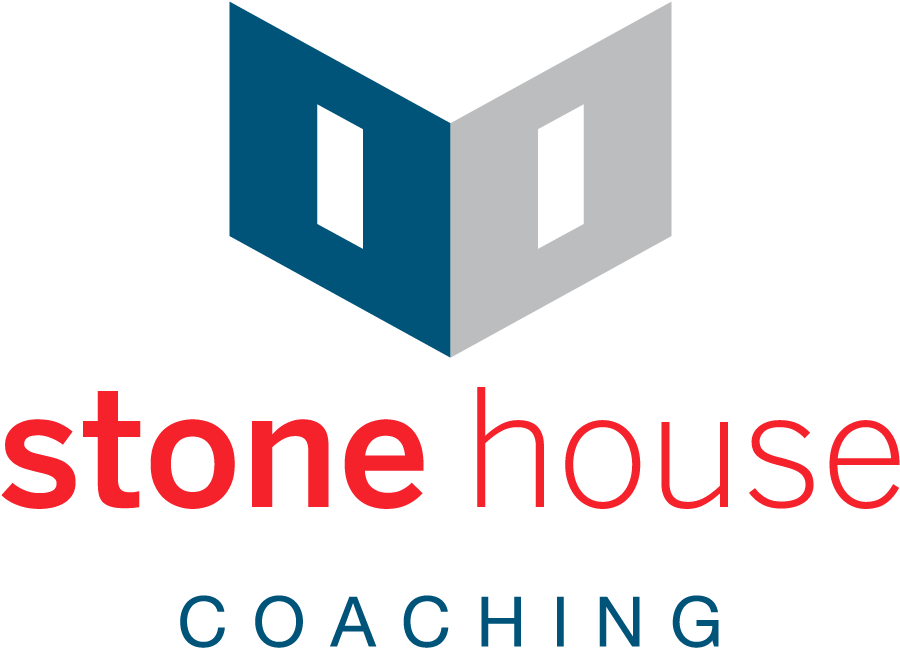The Self-Aware Leader
Does the phrase “self-awareness” make you think of creepy self-help cults? Maybe some strip-mall enlightenment groups of the 80’s, or Elevation, the “gateway to the sky” of Schitt’s Creek? If so, I get it—and I’m asking you to set that aside for a minute so we can talk about the value of (non-culty) self-awareness for leaders.
Self-awareness is often regarded as a valuable leadership trait, but what is it and why? To define self-awareness, I would point you to the work of Tasha Eurich, published in Harvard Business Review. Dr. Eurich’s research suggests there are two types of self-awareness: internal and external. Internal self-awareness is understanding yourself—your values, beliefs, passions, etc., and how those things influence the way you react to the world around you. External self-awareness is understanding how others perceive you.
Self-awareness isn’t a thing you achieve, it’s a practice you adopt. Because you are constantly evolving and people’s perceptions are changing along with you, it’s important to build habits of self-awareness rather than taking one look at yourself and logging it as a final take.
To answer why self-awareness is important, I’d ask another question: Do you think data that helps you understand your business is important? As business leaders, we understand the importance of knowing what’s working inside our businesses; which processes are more efficient, which products return better profits, etc. The same is true for building internal self-awareness. Likewise, just as we understand the importance of understanding how our customers perceive our business and the products and services we offer, it’s important to understand how our team perceives us as leaders. So, think of self-awareness practice simply as a search for data to help you be a better leader.
Common outcomes from practicing self-awareness:
Being more in control in stressful situations: When you better understand your ‘natural’ way of responding to different situations, you can better prepare yourself when the stakes are high. You’ll be equipped to choose behaviors that serve you, rather than responding in ways that don’t.
A better understanding of your strengths and weaknesses: Self-aware people can clearly see what they are good at and what they aren’t. From there, you can choose to develop your weaknesses or hire someone with complementary skills to fill in the gaps.
Recognizing how your behavior impacts others, and ultimately your business. None of us is an island. Our behaviors have ripple effects that touch the people around us. For leaders, those ripples may feel more like waves (for some, like a tsunami!) that have big impacts on others. Understanding that impact allows you to make conscious choices about how you behave with a full understanding of the downstream consequences.
Once we know better, we can do better. If your goal is comfort, then you may choose to stay blissfully ignorant about how you are perceived by others. If your goal is to continuously grow as a leader, then you need a steady diet of self-reflection and honest feedback from the people around you.
If you’re finishing this article with any inclination to pat yourself on the back for being self-aware, Dr. Eurich’s research found that, “Even though most people believe they are self-aware, only 10-15% of the people we studied actually fit the criteria.” Ouch. Next week, we’ll be talking about blind spots.

